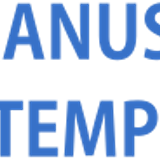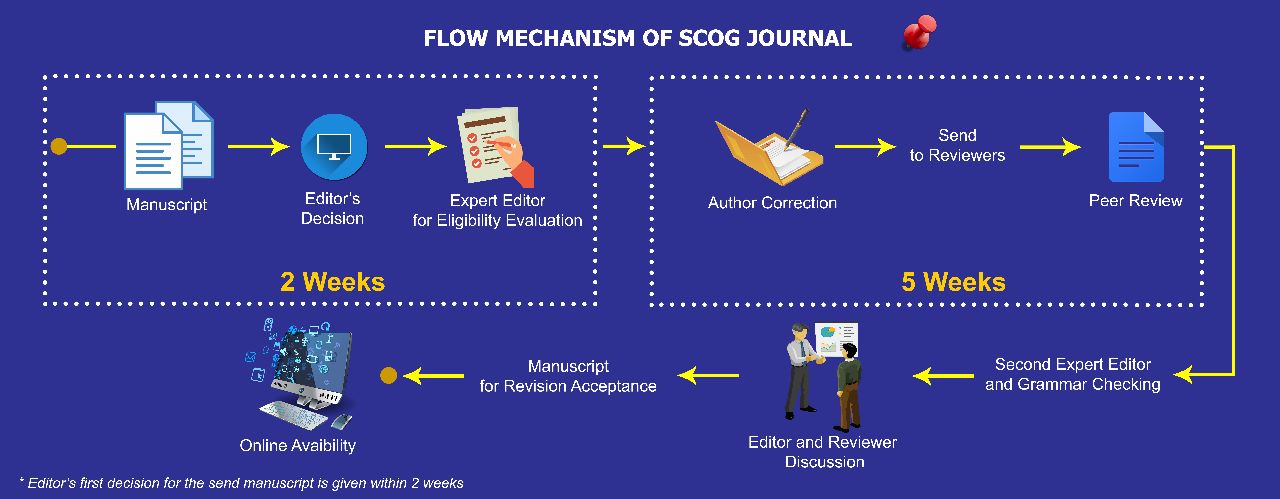The Re-Analysis Of The Mature Western Area Of Indonesia Basins For Finding Additional Oil And Gas Resources
Abstract
The oil and gas exploration activities in the last two decades in the mature sedimentary basins in the western area of Indonesia can be said has been in the stagnation phase. The activities are still limited in the effort of discovering shallow structures as the exploration targets which are of Miocene age and not older than Early Miocene. On the other hand, the oil and gas exploration on hydrocarbon plays, as well as new Paleogene sediments or others, has not been done intensively. Some problems which cause difficulty in finding new resources are such as lack of innovation in the exploration activities, and this is because the exploration operators are reluctant to bear the failure risk in the development of exploration activities that they do; which leads the exploration program carried out mainly focused only on the target or objective reservoir that is known. The effort of finding oil and gas resources in the future on the mature basins can be done by reanalyzing and revisit the evaluation on how the historical development of a sedimentary basin, that includes the development process and the tectonic sedimentation during the Tertiary era in relation to the formation of hydrocarbons. The reanalysis should be supported with the latest subsurface data, up-to-date geosciences concepts and sophisticated software and hardware which are able to perform the analysis of petroleum system in order to find new hydrocarbon-play as a new exploration target in the future. Various proposed activities in the re- valuation of the Tertiary sedimentary basins in Indonesia are the analysis of the Paleogene graben system of the back-arc basins of Sumatra and Java, the analysis of Miocene-Pliocene lowstand sediment, and the analysis of Miocene carbonate sediments, which have not been evaluated intensely so far.
Keywords
Full Text:
PDFReferences
Gresko, M. Suria, C. and Sincliar., 1995. Basin
Evolution of Arjuna Rift System and its implication
for Hydrocarbon Exploration offshore Northwest
Java, Indonesia. Proceed. Indon. Petrol.
Assoc. Conv. 24 th , 146-161.
IPA, 1994. Seismic Atlas of Indonesian Oil and
Gas Fields , Vol.I: Sumatra
Leader, M.R., Gawthorpe. 1987. Sedimentary
models for extensional tilt – block/half graben
basins, in Coward, M.P., Dewey, J.F., Hancock,
P.L. (Eds), Continental Extensional Tectonic.
Geol. Soc.Spec. Pub., 28, 139-152.
Lemigas, PPPTMGB, 2001. Studi Integrasi
Paleogen Synrift Sediment, Cekungan Sumatra
Selatan: Pendekatan Analisis Palinologi/
Palinofasies dan Petrografi, Laporan Riset
Pertamina-Lemigas. 47p.
Lemigas, 2004. Tectonic Stratigraphic Framework
and Structure Pattern of Sunda Asri
Basins and Regional Tectonic Comparison
Study. Unpublished Report.
Lemigas, 2004. Pembuatan Prospect and Lead
serta Play Concept Penemuan Cadangan Migas
di Cekungan Selat Madura. Unpublished Report.
Pertamina BPPKA, 1996. Petroleum Geology
of the Indonesian Basins, Principles, Methods
and Application. Pertamina BPPKA. Vol.
II, 231 pp.
Yulihanto, B., 1989. The Geological Evolution
oh the Aru Area of the North Sumatra Basin,
Indonesia. Unpublished M.Sc. Thesis, University
of London,.
Yulihanto, B., Situmorang, B. , 1991. Structural
Inversion and its influence on depositional processes
in the Aru Area, North Sumatra Basin,
Indonesia.Proceed. Offshore Australia Conf.,
I, 25-42.
Yulihanto, B., Situmorang, B., 1992. Paleogene
Grabens and their sedimentary facies: New play
in the Aru Area, North Sumatra Basin, Indonesia.
th Int. Geol. Cong. Kyoto.
Yulihanto, B., 1993. Lembah Torehan Miosen
Atas dan Peranannya dalam terbentuknya
perangkap stratigrafi di daerah Cepu dan
sekitarnya. Pros. PIT IAGI, ke-22.
DOI: https://doi.org/10.29017/SCOG.32.1.833

This work is licensed under a Creative Commons Attribution-NonCommercial-NoDerivatives 4.0 International License.






